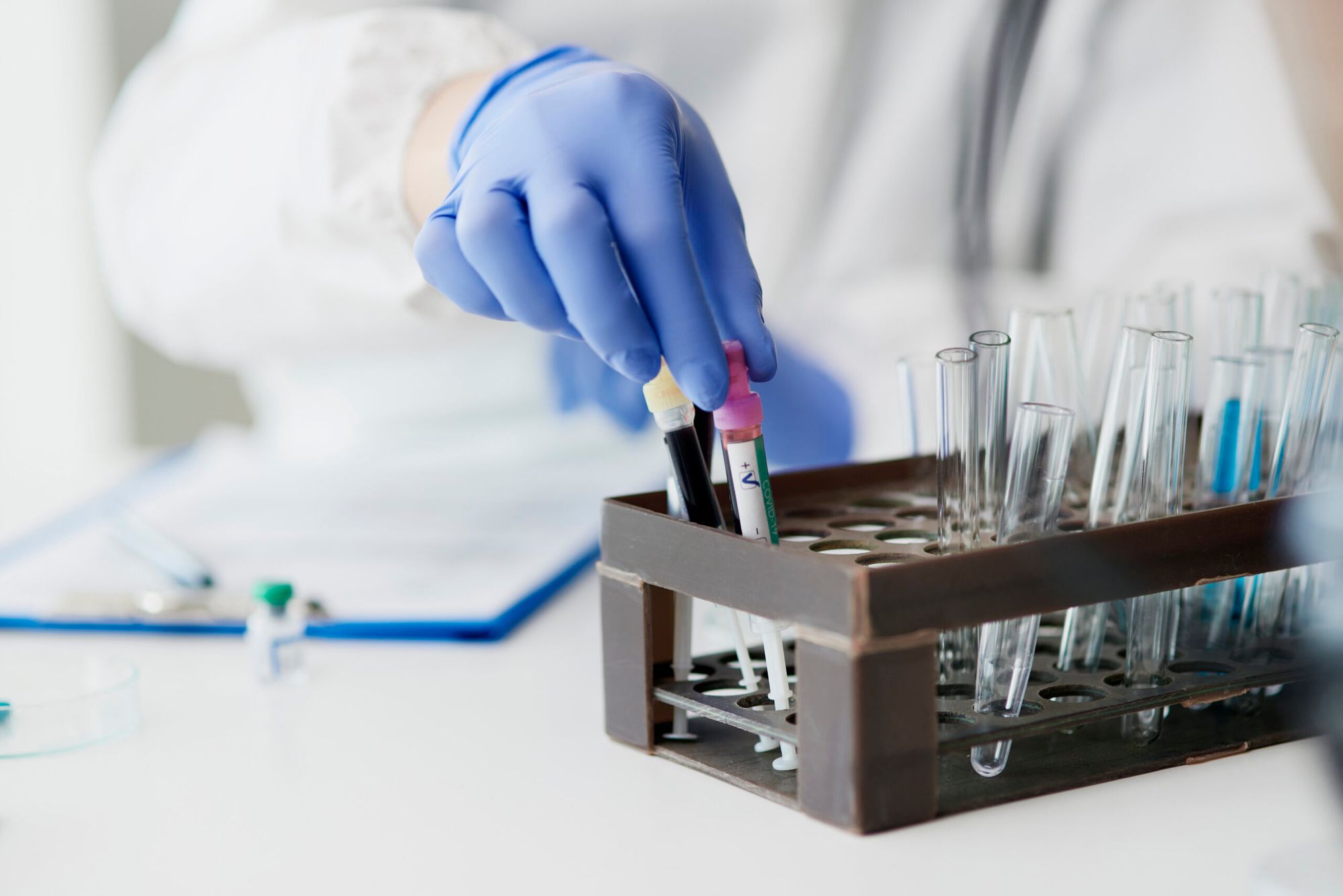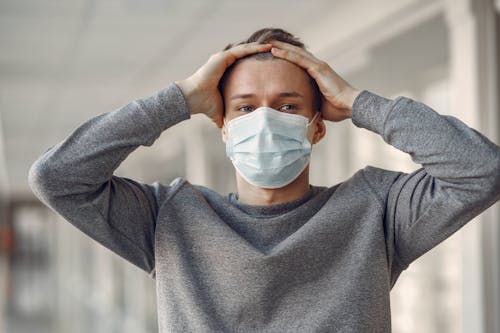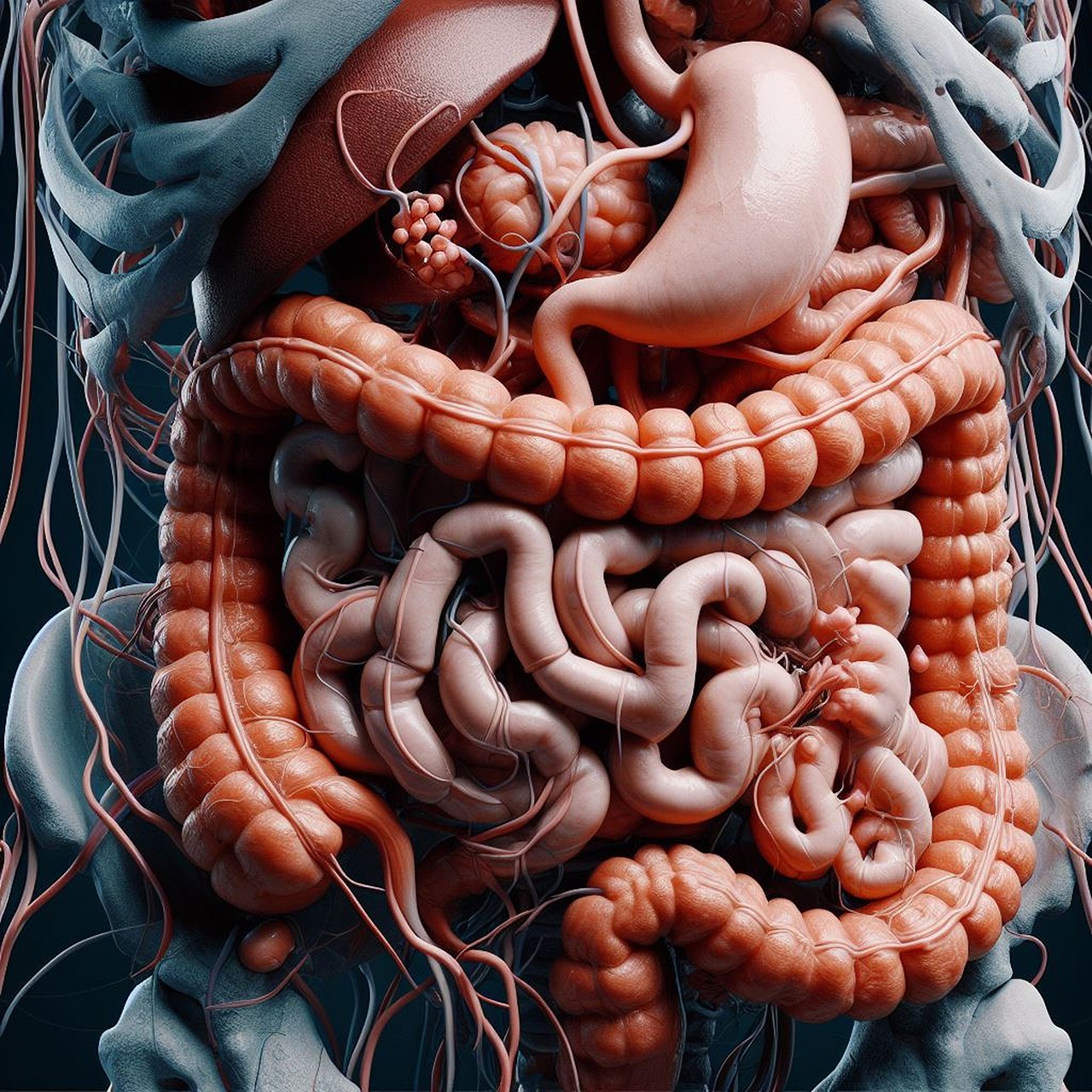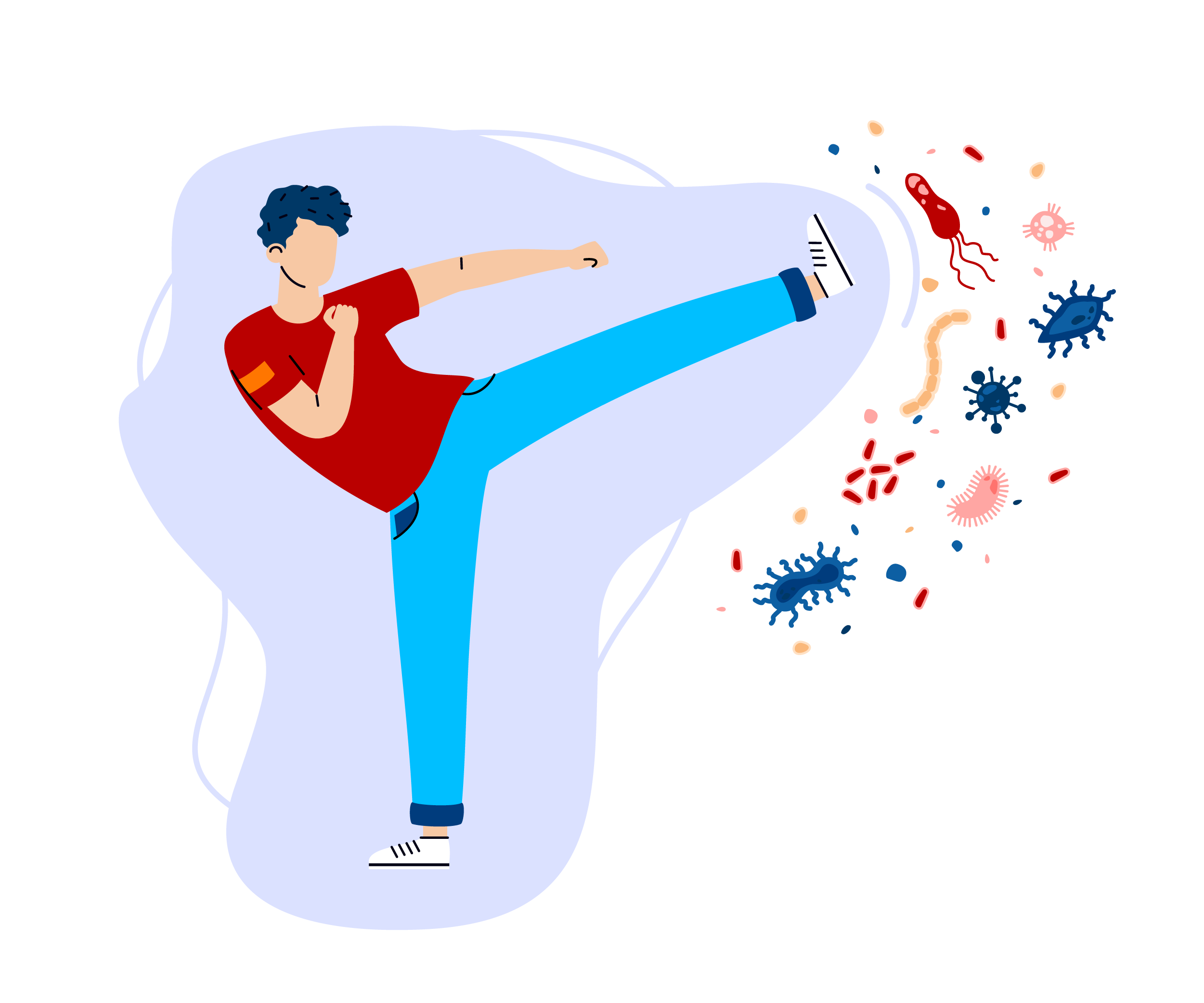
Testosterone is a hormone most commonly associated with masculinity, but it’s responsible for a lot more than most people realize. All human bodies make testosterone. Whether you’re male or female, too much or too little of this hormone in your system can lead to significant problems.
Testing your testosterone levels is important because it can help identify the root cause of various health problems, from hair loss or excessive body hair to issues with muscle mass and strength. Similar to many hormonal issues, abnormal testosterone levels can also be managed with treatment. Testing your testosterone levels could be the first step towards a happier, healthier life.
Below, we’ll explore the various important functions of testosterone in the human body, and signs you might need to consider checking your testosterone levels.
What is Testosterone and What Does it Do?
Testosterone is an essential hormone responsible for a number of functions within the human body. Known as the “androgen hormone”, testosterone is produced in the testicles in men, and in the ovaries in women. Your levels of testosterone can determine everything from your sex drive to your chances of having thinning or receding hair.
A testosterone test will demonstrate whether you might have lower or higher levels of testosterone than most people. Your testosterone levels will naturally change throughout your life. After the age of 30, most men lose up to 2% of their testosterone per year. This is why common side-effects of lower testosterone, such as erectile dysfunction, are more likely to occur in men over the age of 30.
Your overall health and certain underlying conditions can also influence your testosterone levels. People who are obese, for example, often have lower levels of testosterone. Unhealthy changes in testosterone can also be related to a problem in the testicles (primary) or in the pituitary/hypothalamus (secondary):

Primary: Problem in the testicles
- Congenital defects of the testicles
- Autoimmune disorders that affect the liver, adrenal glands and thyroid
- Trauma or infection to the testes
- Chemotherapy
- Metabolic disorders such as hemochromatosis
- Uncontrolled diabetes
Secondary: Problem in the pituitary or hypothalamus
- Dysfunctions with the pituitary gland
- Exposure to anabolic steroids and opioid medication
- Inflammatory conditions such as sarcoidosis
- HIV/AIDs
- Conditions affecting the hypothalamus (Kallman syndrome)
- Alcohol abuse
- Anorexia and other nutritional deficiencies
Signs and Symptoms of Low Testosterone
The most common testosterone-related issue in men is hypogonadism, where the gonad (testis) in which testosterone is produced, is functioning poorly. This is commonly known as low testosterone. People with low testosterone may have symptoms such as:
- Depressed mood
- Low sex drive
- Fatigue or exhaustion
- Inability to achieve an erection (ED)
- Trouble conceiving a child
- Low muscular strength
- Loss of muscular mass
- A decrease in body hair
- Increased body fat
- Breast development in men (gynecomastia)
- Thinning of the bones
People with testosterone deficiency may also face higher cardiovascular risks, insulin resistance, and other significant health issues.
Low testosterone affects around 40% of men aged over 45. However, it’s often difficult to define “normal” testosterone levels as a blanket concept. Anyone’s levels can vary based on certain medications, age, illness, nutrition, and even alcohol consumption.

Signs and Symptoms of High Testosterone
High testosterone, though less common of a problem than low testosterone, can be equally problematic. People with higher testosterone levels can suffer from lower sperm counts, acne, and decreased testicle size. Similar to low testosterone, high levels of this hormone can happen for a number of reasons.
One of the most common precursors for high testosterone is genetics. Congenital adrenal hyperplasia may cause a testosterone overload. If people in your family have had symptoms of high testosterone, it may be worth getting a CircleDNA test to examine your risk. You’ll also be able to use your DNA test to learn a lot more about your body.
Symptoms of high testosterone vary between men and women. Women with high testosterone may grow facial hair, develop a deeper-sounding voice, experience hair loss or pattern baldness, or a reduction in breast size. Some women experience high testosterone levels due to polycystic ovary syndrome (PCOS). Men with high testosterone may experience symptoms such as:
- Increase in appetite
- Acne or skin problems
- Aggressive or risk-taking behaviors
- Mood swings
- Headaches
- Liver and cardiovascular problems
- Higher than usual sex drive
- High blood pressure and high cholesterol
- Low sperm count
- Insomnia
- Infertility
- Swelling of the feet and legs
- Unexplained weight gain
- Increased muscle mass
- Prostate enlargement and difficulty passing urine
High testosterone levels require immediate attention as they can be a sign of testicular or ovarian cancer. Tumors in the adrenal glands or testicles can influence the levels of certain hormones in your system. Notably, low testosterone can be a sign of a greater problem too, such as issues with the pituitary gland (responsible for releasing hormones).
How are Abnormal Testosterone Levels Detected?
Hormonal testing via a blood test could help you detect abnormal testosterone levels.
DNA tests are also helpful for discovering potential underlying genetic health conditions which may explain your symptoms. Further exploration of health conditions will typically require a blood test, conducted in the morning when testosterone levels are at their highest.
Before the test, your doctor may ask you to halt any prescription medications which may impact your testosterone levels. Tell your doctor if you’re taking any medications before the test.
Your doctor may also perform a physical examination if, as a man, you experience fertility problems, signs of erectile dysfunction, loss of sexual interest, loss of facial hair, signs of gynecomastia, or loss of bone density.
If you’re female, a doctor may perform a physical if they notice abnormal hair growth on your face, hair thinning, change in voice, decreased breast size or unusual facial acne.
You may want to consider testosterone home testing kits, which use either saliva or blood to test your hormone levels.

What Do Abnormal Testosterone Levels Mean for Your Health?
Low or high testosterone levels can sometimes be a sign of other health concerns, such as chronic diseases, injuries, or potential tumors. However, an abnormal level of testosterone in your body isn’t always a sign of something dangerous. Start by getting a test with your doctor to explore the potential of underlying conditions. From there, your healthcare provider will be able to offer a treatment plan.
Treatments for high testosterone levels can include changing your diet or adjusting your medication if certain substances are artificially increasing your testosterone. Your doctor may also offer certain medications designed to lower your testosterone or balance testosterone levels.
The most common treatment for low testosterone is testosterone replacement therapy, or “TRT”. This treatment can be offered via a patch, injection, or gels applied to your skin. In some cases, it’s possible to have testosterone pellet implants placed under your skin. The FDA has also recently approved an oral testosterone supplement.
Treatment for Abnormal Testosterone Levels
After testing your testosterone levels carefully, your doctor will recommend a treatment plan designed for your specific situation. For low testosterone, the TRT solution is the most common, leading to benefits such as improved sex drive and quality of erections, fat loss, reduced issues with delayed puberty in boys, and increased bone density and muscle mass.
Testosterone replacement therapy can also lead to improved mood, sexual function, mental sharpness, and muscle strength. However, there are some potential side effects too, such as:
- Sleep apnea
- Blood clot formation
- Acne
- Possible worsening of prostatic hyperplasia
- Breast enlargement
- Skin irritation
Your doctor can also recommend other treatment options and supplementary treatments based on the results of your test. For instance, you may be asked to change certain lifestyle habits or cut down on alcohol and cigarettes.
Do Women Need Testosterone Tests?
Although testosterone testing is more common among men, it can also be crucial for women. If you’re experiencing symptoms such as acne or female pattern hair loss, taking a test to measure your testosterone levels will help to determine whether you have underlying conditions such as Polycystic Ovarian Syndrome (PCOS).
Getting a hormone test can also be important when you’re planning on trying to conceive a baby. Abnormal hormone levels often affect fertility, and this includes testosterone levels.
If you have been experiencing any of the symptoms mentioned above of high or low testosterone, no matter your gender, it’s worth explaining your symptoms to your doctor. If a hormonal imbalance is possible, it’s worth getting a hormone test done.







This Post Has One Comment
Comments are closed.